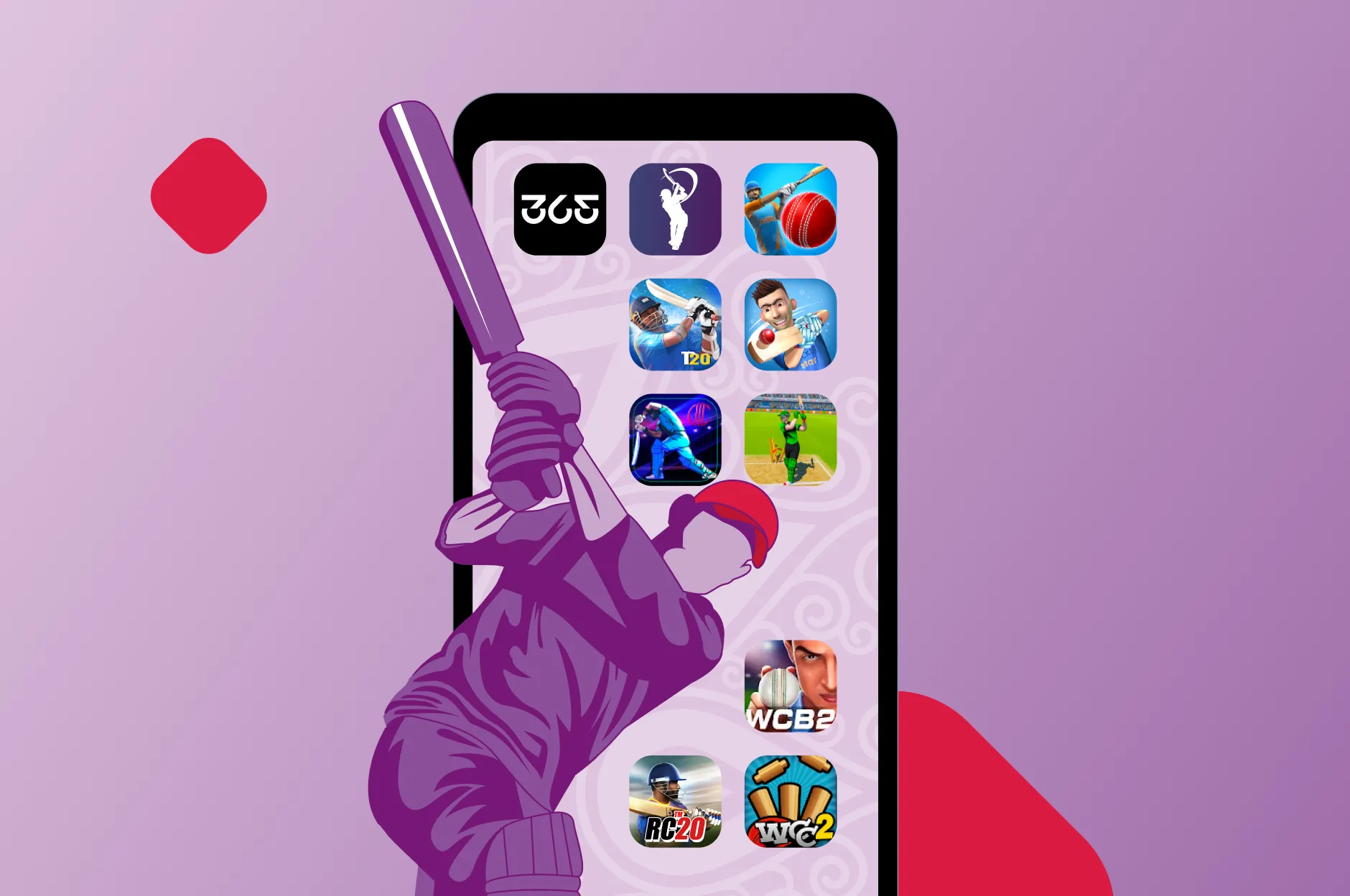

Mobile apps have fundamentally transformed nearly every aspect of our lives. Ordering food, making a grocery list, checking account balances, and communicating with others...like the commercial said, "There's an app for that!" Chris Morris, a specialist to CNBC, says "Technology has improved and streamlined our day-to-day activities, disrupting the status quo and making things easier." We use mobile apps so much that we don't even think about it. In this article, we'll look back at when mobile apps first became available, how much they have grown, and how they have changed the ways we socialize, work, and play. We'll also take a peek at what a future with mobile apps might look like.
An Incredibly Brief History of the Mobile App
It's hard to believe that it has been less than a decade since Apple and Google opened their own app stores. In a recent report from Statista, as of March 2017, currently available mobile apps from leading app stores tally up to a whopping 6.3 million apps. This is a staggering figure given that it has only been about nine years since Apple and Google opened their app stores. Apps have come a long way since PhoneSaber, and the original eBay app, leveraging the super computer-like processing power in today's smartphones and their state-of-the-art mobile networks to provide mobile apps that can do nearly anything you can imagine. What drove the explosion in popularity of mobile apps?There were two key factors that drove the massive growth of mobile apps: 1) Users loved the convenience of apps they could download and use on their phones; and 2) Users almost always carried their phones with them wherever they went. Together, these factors drove the expansion of mobile apps in ways desktop application developers couldn't envision. Mobile app development vs. desktop app developmentMobile apps tend to focus on doing one type of task really well, unlike desktop apps that had to be able to proficiently perform multiple types of tasks. For developers, mobile apps were a lot easier to develop. App stores made it easy to publish apps that users could download to their phones. Low development costs and ease of publishing made mobile app development an attractive alternative to desktop apps. Any developer, large or small, who created a popular app quickly found success. You might say that the early days of mobile app stores were a lot like the California Gold Rush -- it was the Wild, Wild West, with popular apps worth their weight in gold.

Mobile app users Mobile app users loved the convenience and simplicity of mobile apps. Since most mobile phone owners kept their phones with them, they could conduct a quick search for the app they needed. Once found, downloading and installing the app was easy. After installation, most users could figure out how to use a new app in just a few minutes. Kadley Gosselin discovered a study by MTV Networks which found that 83 percent of people surveyed felt 'addicted' to their apps. Perhaps part of this lies in the fact that our phones are constantly within reach, unlike a desktop or laptop. The variety of apps available is impossible to catalog -- let's just say that there is an app for nearly anything you can think of. Today's technologies are leveraging the magic of mobile apps by using them to manage the IoT networks in smart homes, empowering customers to manage their home's lighting, temperature, and electrical consumption from any location with a cell phone signal. Automotive manufacturers have created apps that allow you to pair our phone with your car so you can remotely start it, find it in a parking lot, even park it for you.
How Mobile Apps Have Transformed the Ways We Socialize, Work, and Play
Social Apps, I love thee -- let me count the ways For better or worse, social media apps have fundamentally influenced how we interact with each other. Through social media, we are able to easily interact with people from all over the world. Not so long ago, this was largely limited to the realm of ham radio, where people could meet and hold real-time conversations over shortwave radios. This means of communication now seems rather antiquated, especially when compared to the likes of Facebook and Skype — both of which allow real-time video and audio communications between people virtually anywhere in the world. According to the World Economic Forum, 30 million messages are sent by Facebook every minute. We use social media to keep in touch with family and friends, dating, and sharing our personal experiences with the world. Social media as a whole is still growing. with no end in sight.

Mobile apps at workMobile apps have gone far beyond social media, games, and other personal apps. Employers are now using mobile apps for various work-related reasons, with most apps centered around productivity, operations, and management. A mobile app might be used to dispatch a maintenance team on the shop floor or to track the location of a driver while making deliveries. Some employers are even using mobile apps to track employee health. In this report from Accenture, business executives acknowledge that mobile apps are a critically important part of their business. The gap between this belief and the development of employee mobile apps for employers will continue to shrink as mobile phone use eclipses traditional, desktop-based internet usage. Mobile apps and how we playVirtually everybody remembers the release of Pokemon Go in 2016. An Augemented Reality (AR) game designed for use on mobile phones — it was an overnight success. In the game, you hunt for Pokemon. When you find one, you collect it. You train your collected Pokemon so they can fight other Pokemon. This game alone has people out in the middle of the night hunting for Pokemon in their neighborhoods, in the woods, and at nearby parks. Pokemon Go sparked the development of dozens of AR and VR games as mobile apps, many of which are currently available through Google Play and the Apple Store. AR and VR aren't the only games available, though. MMPROGs, RPGs, and even more traditional games such as checkers or Go are — many with options to play against others from all over the world. If you're feeling like Kasparov, you can download a chess game and play anyone else in the world who also has the same app. Any game you can think of likely exists as a mobile app.Other ways we use mobile appsThere are countless ways we use mobile apps. Fitbit helps keep users in shape, Siri gives us directions when looking for sushi in a new city, and Amazon.com lets us order virtually anything we can think of with our phones. Logistics companies are using mobile apps and related technology to track shipments and drivers in real time, while a utility company in Australia is using mobile apps and IoT technology to monitor the power grid in remote parts of the outback. We hail rides and order all the ingredients for dinner, tapping our phone against another to share a tasty recipe. From monitoring heartbeats to navigating unknown streets, mobile apps enhance and extend our capabilities every day.

A peek at the future of mobile apps The crystal ball is a little murky on this one, with an emerging consensus leaning in the direction of a no-app future where apps are replaced by websites that function like mobile apps. This may come to pass, but it's probably at least ten years away or longer. Mobile apps are still hugely popular and will continue to be for the foreseeable future. The underlying technology is changing, though, with single codebase apps that can run on virtually all popular OS's and brands replacing native mobile apps. With a single codebase, mobile apps are much easier and cheaper to develop; all you need is a wrapper of sorts that translates the app's source code into the language of the phone brand, model, and OS you plan to run it on. If anything, these single codebase apps will serve as the entryway to web apps that will run on any phone with access to a 3G or newer network. That, however, is a long ways off. What are some of the changes we might see?Mobile apps continue to disrupt traditional ways of getting things done. Advances in other technologies such as data storage and blockchain will drive innovation that transforms areas as diverse as industry and healthcare. Some of the changes we can expect to see as a result of the expanding use of mobile apps:
- Use a mobile app to see your doctor This technology already exists, although it isn't yet in widespread use. In January 2016, Bon Secours Health System, Inc. deployed a mobile app called Bon Secours 24/7, which allows a patient to schedule a non-life-threatening appointment to see a doctor without leaving the comfort of her home. To encourage people to use the app, Bon Secours offers these virtual doctor visits for about a third of the cost of a regular visit.
- Mobile enterprise apps We can expect to see a surge in B2B apps, with an emphasis on removing pain points and friction from common business processes. This isn't talked about as much as apps from retailers, but small to medium-sized businesses are finding these apps can give a significant boost to client engagement and retention, not unlike their retail counterparts.
There is no doubt that mobile apps will be around for quite some time to come. While technologies may change and the way apps themselves are built, we will still need to use them to connect with each other, to shop, and to pay our bills. AR and VR are making inroads into the mobile app market with games and other apps designed around these relative newcomers. Until fundamental internet technologies are faster and more secure, mobile web apps will continue to lag behind native mobile apps in popularity and use. For consumers, there will continue to be an overwhelming array of apps to choose from in each major category, while for developers, there will be plenty of opportunities to create and publish new apps.






.jpg)
